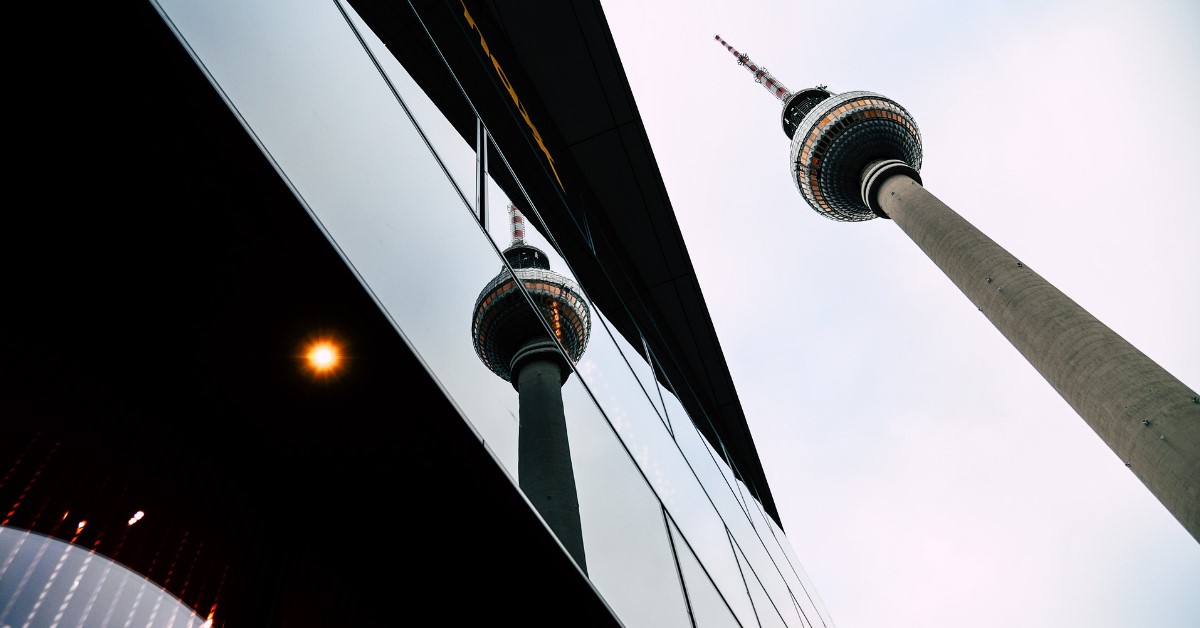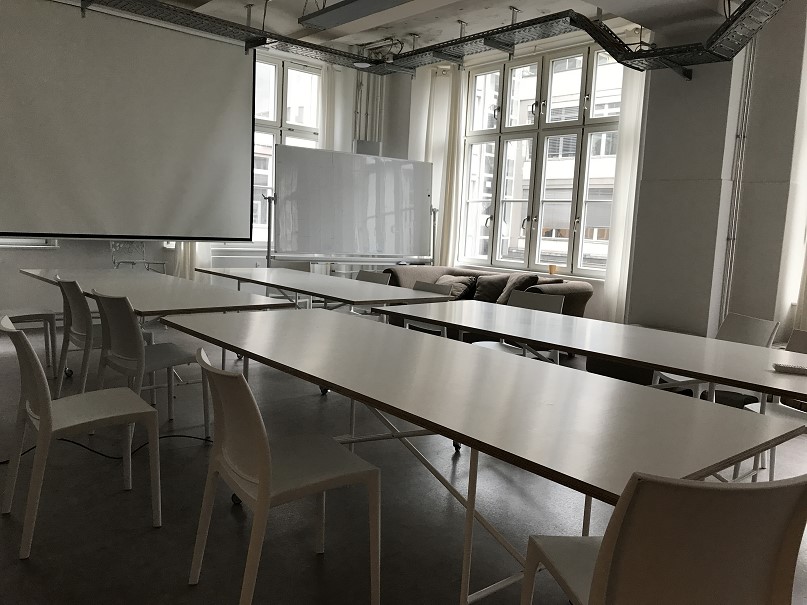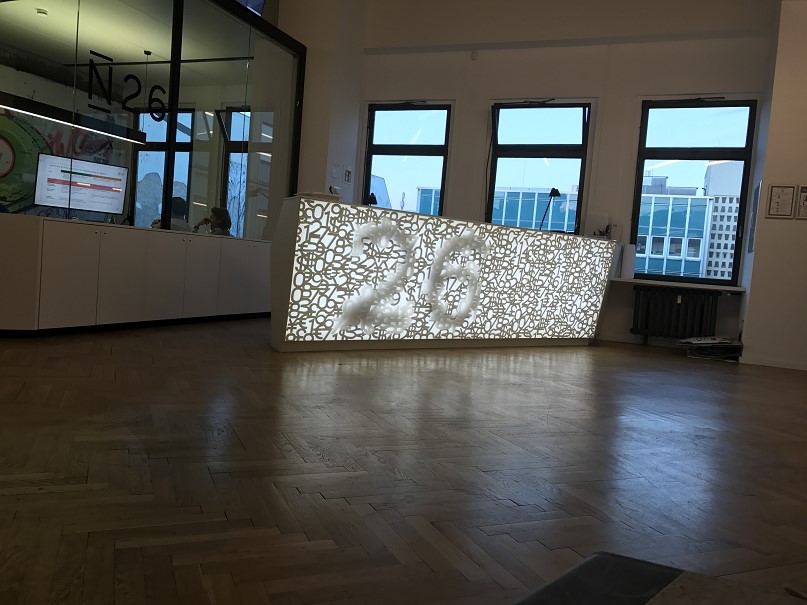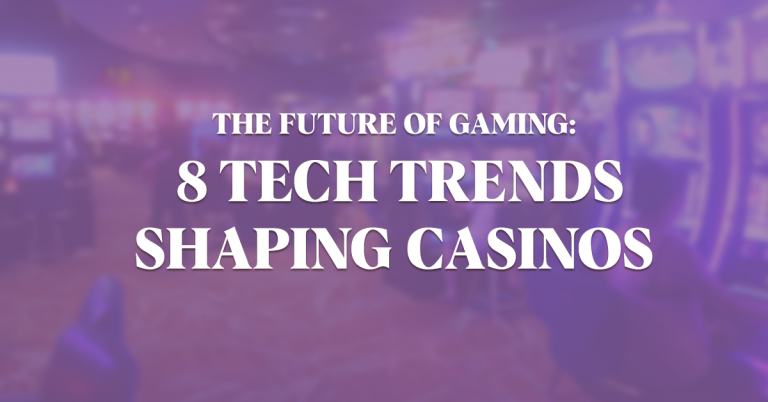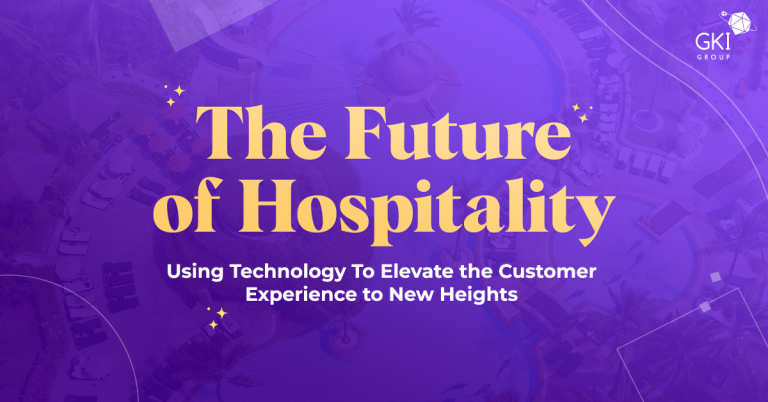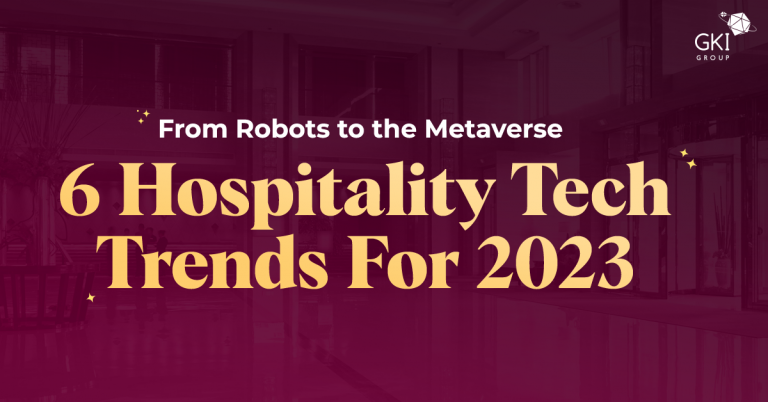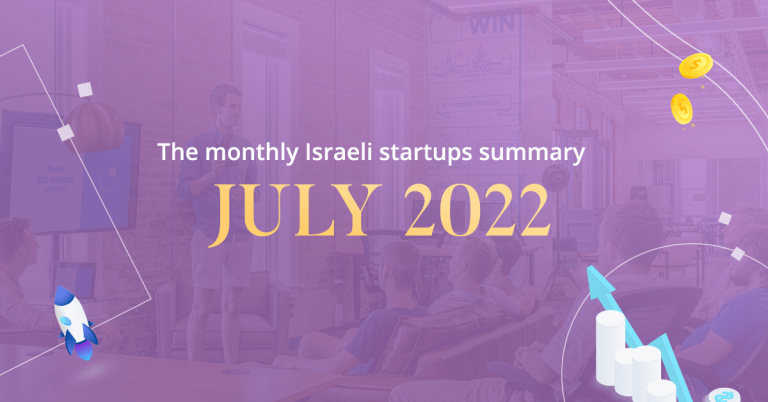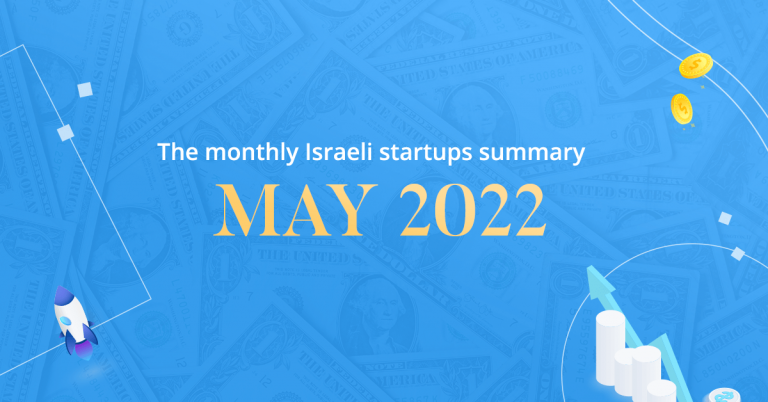I travelled to Germany to explore one of the most successful startup ecosystems in the world – Berlin. Focused on learning about what makes their startup community so successful, I explored how they built their local ecosystem, attended events, visited co-working spaces, navigated entrepreneurial hubs and learned about various accelerator programs.
Connecting to the local community
As the manager of the Startup Israel Community at GKI Group, one of the most important aspects of my journey was meeting with other community managers in Berlin.
For my first meeting, I visited Google’s offices to meet with their community manager, Daniel. Daniel updated me about a new innovation campus Google is currently launching in Berlin to connect with the local ecosystem and provide them with an infrastructure of content and events and space where Berliner entrepreneurs can meet up and share ideas.
Google’s strategy is working; other industry influencers are willing to connect with their local ecosystem and become a part of building successful companies like we see in other leading cities such as London, Paris, Amsterdam and, of course, Tel Aviv.
In addition to Google’s main innovation campus in San Francisco, Google has already launched six innovation campuses in Warsaw, Tel Aviv, Seoul, Sao Paulo, Madrid and London.
In my meetings at Google, we discussed how to build a successful community and a thriving ecosystem. Google wants to learn, and they have a lot to offer.
Facebook has also expressed interest in the world of communities, with its centers and also with its products. This September, the Community Managers Conference is taking place in Los Angeles and every company sees its relevance and is planning to be there.
I also met with David, a community expert who also came to Berlin to study their startup ecosystem and build new collaborations. David told me that Israel is considered a source of knowledge in the field of community; we also discussed practical tools for arranging events, meetups and other community topics.
Factory co-working space
The hubs and community managers
In all my meetings in Berlin I especially enjoyed meeting with Israelis who wanted to help and colleagues who helped me connect with key members of the community and community managers. I learned that hierarchy is very important to the German people- it’s not common to approach high-level management directly like it is in Israel. One must go through a lot of people and be patient; however, with some Israeli “chutzpah”, I managed to cut out the middlemen and get to the right people.
First, I met with Andrea, a former Israeli who moved to Berlin after working in the music industry in Israel. Today, she’s fully dedicated to startups and entrepreneurship and is leading an accelerator called CUBE that grants local startups business opportunities and guides its companies through Europe and the rest of the world.
From CUBE (which is located next to a marvelous chocolate shop, by the way) I went to Factory, one of the most successful hubs in Berlin. Members pay a fee to join the hub, which gains them access to all the hub’s services, events and consultation hours.
Usually, one can’t just drop by the Factory if you’re not a member. They keep the space free of distractions in order to keep the other members focused on their projects without any interruption. I did (with some of my aforementioned “chutzpah”) manage to visit the Factory, receiving an informative tour and meeting with their community managers to discuss how they are working to expand the local ecosystem.
From The Factory I went to the one and only Ahoy, where artistic men and women meet and work together. Ahoy’s design was like nothing I’ve ever seen; very minimalistic, clean and inspiring. The hub is packed with people, and has a very long waiting list. Somehow, like all the co-working spaces in Berlin I visited, it was still very quiet there. Exceedingly different from what we know in Israel.
Ahoy!
What about the startups?
There are more than 2,500 startups in Berlin. I had my heart set on visiting one specific Berlin startup – N26. N26 is a super innovative mobile bank that everyone is talking about; they have already won awards for design and user experience.
I stayed at N26 almost all night because they were working around the clock, and they enjoyed listening to my feedback about their product and their competitors. We Israelis have a lot to learn about design and UX.
I learned a lot from my journey, especially about Israel’s need to open up to the world, leave its comfort zone, speak English, and advance collaborations with important factors. We need to be part of the growing international network of startups. The hi-tech world is moving fast, and in order to survive, one must make plans, collaborate, initiate and dare.
@ N26
